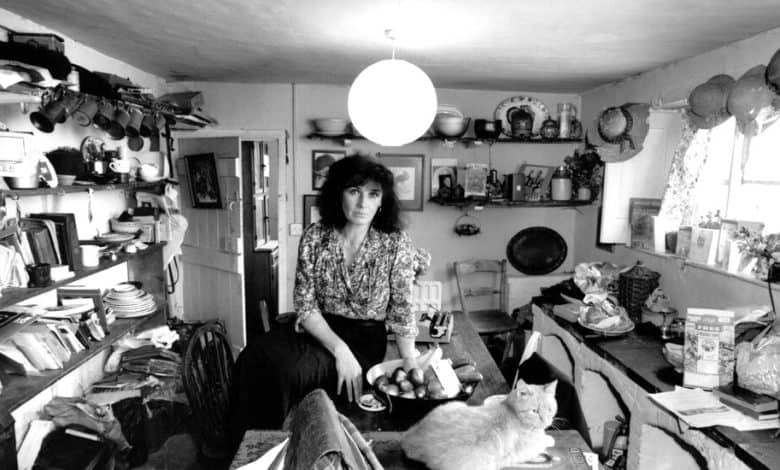Feathers Fly When Visiting This ‘Henhouse’

NOTES FROM THE HENHOUSE: On Marrying a Poet, Raising Children and Chickens, and Writing, by Elspeth Barker
If you took to your bed after the death of Flaco, the photogenic Eurasian eagle-owl who escaped the Central Park Zoo and enjoyed a year of freedom and celebrity before slamming into 267 West 89th Street (I think he was aiming for the Eldorado), do not under any circumstances pick up the work of Elspeth Barker.
Not that this would constitute a heavy load, at least not physically. Barker, who died in 2022 at 81, published only one novel, “O Caledonia,” 30 years earlier: about a lonely, literary girl’s violently curtailed coming-of-age in rural Scotland. (Let’s hear it for the late bloomers — including Flaco.) A new collection of her essays and shorter fiction, “Notes From the Henhouse,” has been gathered like little eggs by her eldest daughter, Raffaella, also a writer, from previously published work.
Reviewing “O Caledonia” in brief for The New York Times, Michael Steinberg acknowledged the lush atmospherics but recoiled at the protagonist’s penchant for quoting obscure Greek and Latin poetry, concluding that her murder at age 16 “has some aspects of a mercy killing — at least for the reader.”
Indeed, just about the only character troubled by her death is a pet jackdaw, Claws, who “in desolation, like a tiny kamikaze pilot” — like Flaco — “flew straight into the massive walls of Auchnasaugh,” her eccentric family’s turreted dwelling. Many other fauna perish as well, including a frog accidentally impaled on a garden fork.
But other critics, and prize committees, liked the book, for which the phrase “mordantly funny” might have been coined, and over the years it has found a devoted audience, among women especially, some of the same who also savor the work of the Brontë sisters and the castle books of Shirley Jackson and Dodie Smith.
Born Elspeth Langlands, Barker drew from her own upbringing in Kincardineshire, where she was the only girl attending the preparatory school her parents ran. She studied at Oxford but didn’t graduate, worked as a bookshop clerk and waitress and married George Barker, a poet more than 25 years older who fathered her five children.